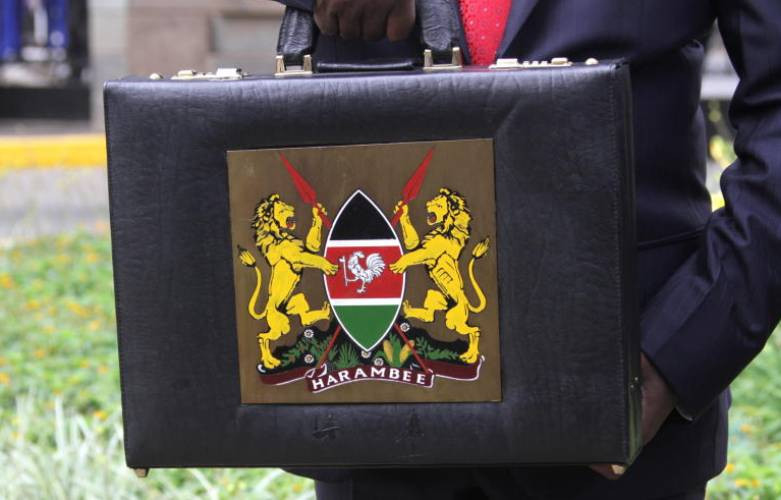×
The Standard e-Paper
Kenya’s Boldest Voice

Crafting a national budget involves meticulous planning, extensive public consultation, and oversight. [Standard, File]
The formulation of a financial budget starts months before the actual reading is done in June each year by the cabinet secretary of National Treasury.